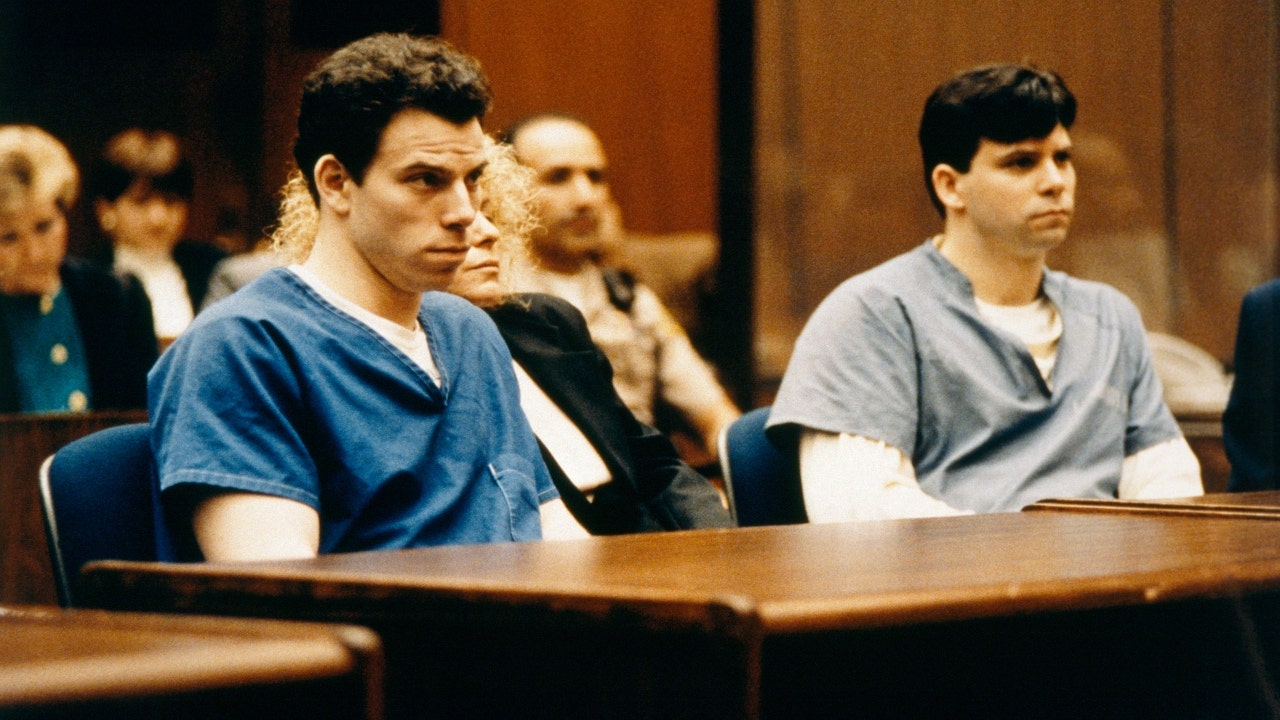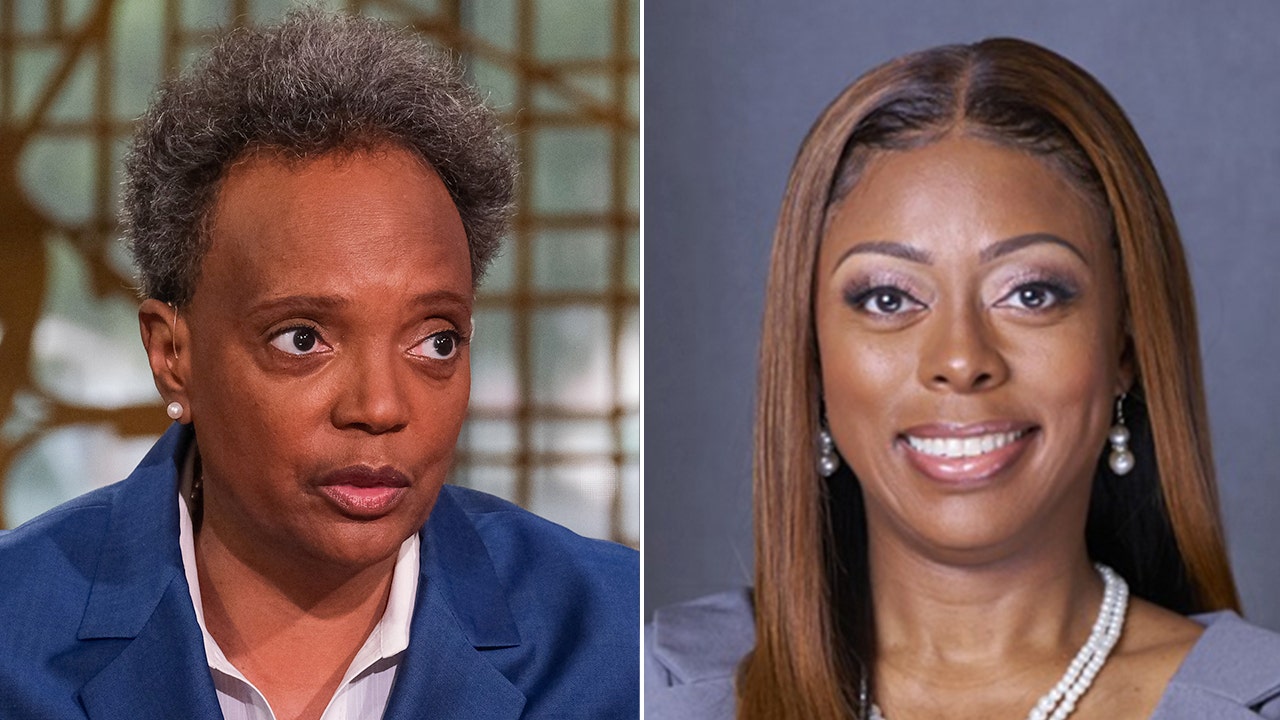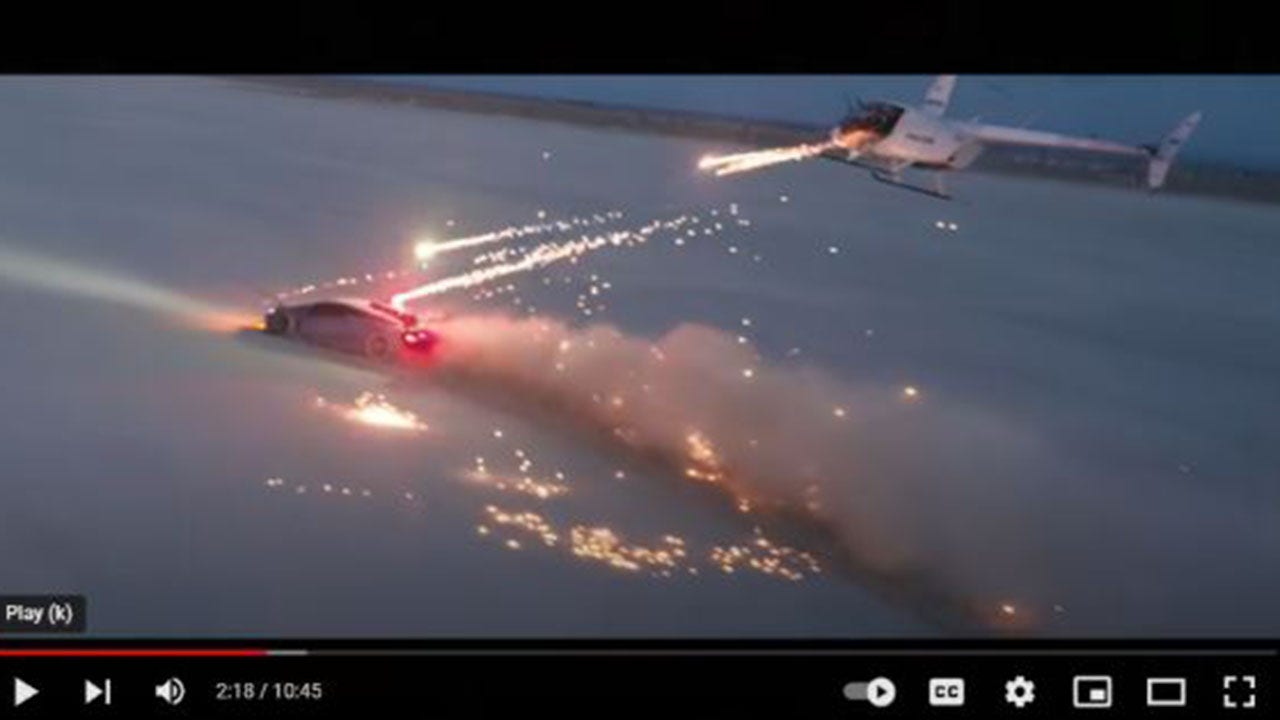Federal prosecutors on Monday rejected former President Donald J. Trump’s claims that he was unfairly charged with holding on to classified documents after he left office, saying that his case bore no comparison to the one in which President Biden was cleared of wrongdoing even though he was found in possession of classified materials after leaving the vice presidency.
In rebuffing what was known as a “selective prosecution” claim by Mr. Trump, the prosecutors said that while many government officials over the years had taken classified materials with them after leaving office — often inadvertently, but occasionally willfully — Mr. Trump’s case remained unique because of the extent to which he had “resisted the government’s lawful efforts to recover them.”
“There has never been a case in American history in which a former official has engaged in conduct remotely similar to Trump’s,” they wrote.
In their 12-page filing, the prosecutors dismissed as a “conspiracy theory” a separate claim that Mr. Trump has raised in his own defense — that Mr. Biden had “secretly directed” the classified documents case and used the special counsel who filed the indictment, Jack Smith, as a “puppet” and a “stalking horse.”
“Decisions made by the Department of Justice generally, and the special counsel specifically, have been made on the basis of the facts and the law, not political considerations,” the prosecutors wrote. “The defendants offer no evidence to the contrary, because there is no such evidence.”
Selective prosecution motions are notoriously difficult to win because they require defendants to prove, in effect, that prosecutors discriminated against them by failing to bring charges against “similarly situated individuals.” Mr. Trump’s lawyers have been arguing for months that Mr. Smith selectively and vindictively brought his case against the former president during his campaign for the White House for partisan political reasons.
But their claims increased in volume this month after a second special counsel, Robert K. Hur, released a report clearing Mr. Biden of any criminal wrongdoing after classified materials were discovered in his possession several years ago.
In his report, Mr. Hur concluded that the cases involving Mr. Trump and Mr. Biden were not the same, largely because Mr. Biden had fully cooperated with investigators while Mr. Trump had sought to defy them in any number of ways.
Mr. Smith’s prosecutors agreed, noting in their filing that on top of illegally holding on to “a vast trove of some of the nation’s most sensitive documents,” Mr. Trump also engaged in a “suite of willful and deceitful criminal conduct” intended to obstruct efforts to retrieve the secret records.
Quoting their own indictment, prosecutors said that Mr. Trump had initially defied attempts by the National Archives to get the records back and then “engaged in additional deception” by giving officials at the archives “only a fraction of the documents in his possession while claiming that his production was complete.”
Mr. Trump also enlisted one of his own lawyers into a “corrupt endeavor” to evade a grand jury subpoena demanding the return of all classified materials in his possession, prosecutors said. At one point, they noted, Mr. Trump suggested to the lawyer, M. Evan Corcoran, that he “hide or destroy documents rather than produce them to the government.”
After those efforts failed, the prosecutors said, Mr. Trump had one of his personal aides, Walt Nauta, move boxes of documents at Mar-a-Lago, the former president’s private club and residence in Florida, in an effort to deceive Mr. Corcoran and keep the classified materials hidden.
Eventually, prosecutors said, Mr. Trump drafted Mr. Nauta and the property manager of Mar-a-Lago, Carlos De Oliveira, into an attempted scheme to delete video footage showing the boxes being moved.
Both Mr. Nauta and Mr. De Oliveira have been charged as Mr. Trump’s co-defendants in the case.
Mr. Trump’s lawyers have now advanced claims of selective and vindictive prosecution twice in two separate filings to Judge Aileen M. Cannon, who is overseeing the classified documents case in Federal District Court in Fort Pierce, Fla.
The first came three weeks ago as part of a request to the judge to force the government to provide them with additional information they believe can bolster their arguments that the case was brought unfairly. The second came late last week in a motion to dismiss the indictment that was filed to the judge under seal.
Mr. Smith’s prosecutors said they would rebut the claims in more detail when they respond next month to the motion to dismiss the case.
At the end of this week, Judge Cannon has scheduled a hearing in Fort Pierce to decide the separate question of when the classified documents trial will be held. It is currently set to begin on May 20, but the judge has already said she is inclined to make some “reasonable adjustments” to the timing of the case.






